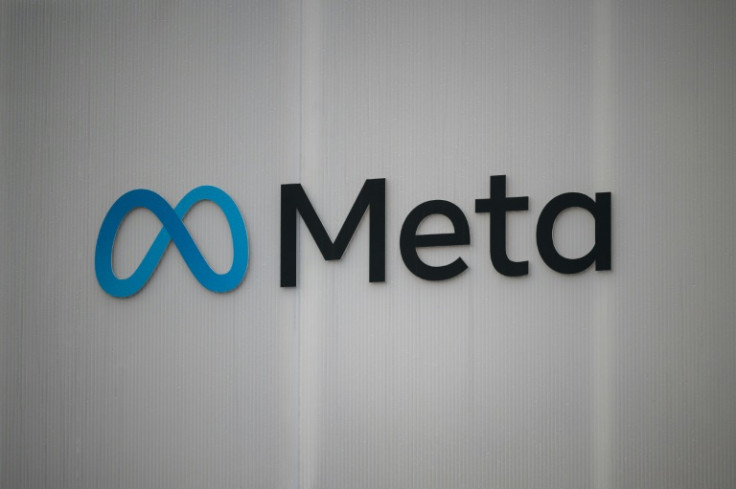
Meta CEO Mark Zuckerberg on Thursday said his company is joining the pursuit of creating super artificial intelligence, putting it in a race with Microsoft-backed OpenAI and Google.
Sometimes called artificial general intelligence or AGI, the goal, given in an interview with The Verge, is to create AI that can problem solve and rationalize on the same level as humans.
AGI is the oft-stated goal of OpenAI, the company that created ChatGPT, and is the central pursuit by the AI departments at Google.
Zuckerberg said general intelligence was now his company's goal, largely to help attract the best engineers in the fast expanding AI field.
"We've come to this view that, in order to build the products that we want to build, we need to build for general intelligence," Zuckerberg told The Verge.
"I think that's important to convey because a lot of the best researchers want to work on more ambitious problems."
Tech companies, including Elon Musk's startup xAI, are battling to attract programmers and thinkers to develop generative AI models like the one that drives ChatGPT, the OpenAI-made chatbot that sparked an artificial intelligence frenzy.
Google, according to tech media The Information, is keeping its researchers from being poached with stock compensation while OpenAI lures top staff with multimillion-dollar pay packages.
Beyond the pay slips, many of these specialists want to work at companies that are committed towards the ideal of creating human-level AI.
In the interview, Zuckerberg said that the definition of AGI "couldn't be put in a one-sentence, pithy definition."
"You can quibble about if general intelligence is akin to human level intelligence, or is it like human-plus, or is it some far-future super intelligence," he said.
Speaking on a panel at the World Economic Forum in Davos, Meta's Nick Clegg said: "Ask data scientists for a definition for AGI and you get a different definition from each single one. There isn't even consensus on what AGI precisely means."
For now, Meta has released its own AI model, Llama 2, and Zuckerberg said his teams were working on a next version.
Amid the ambition to achieve AGI is fear that the technology's abilities will become too powerful and beyond human control.
These fears helped cause a corporate blow up at OpenAI last November when the company's board fired and then reinstated its CEO Sam Altman over fears he was recklessly fast-tracking AI development.







